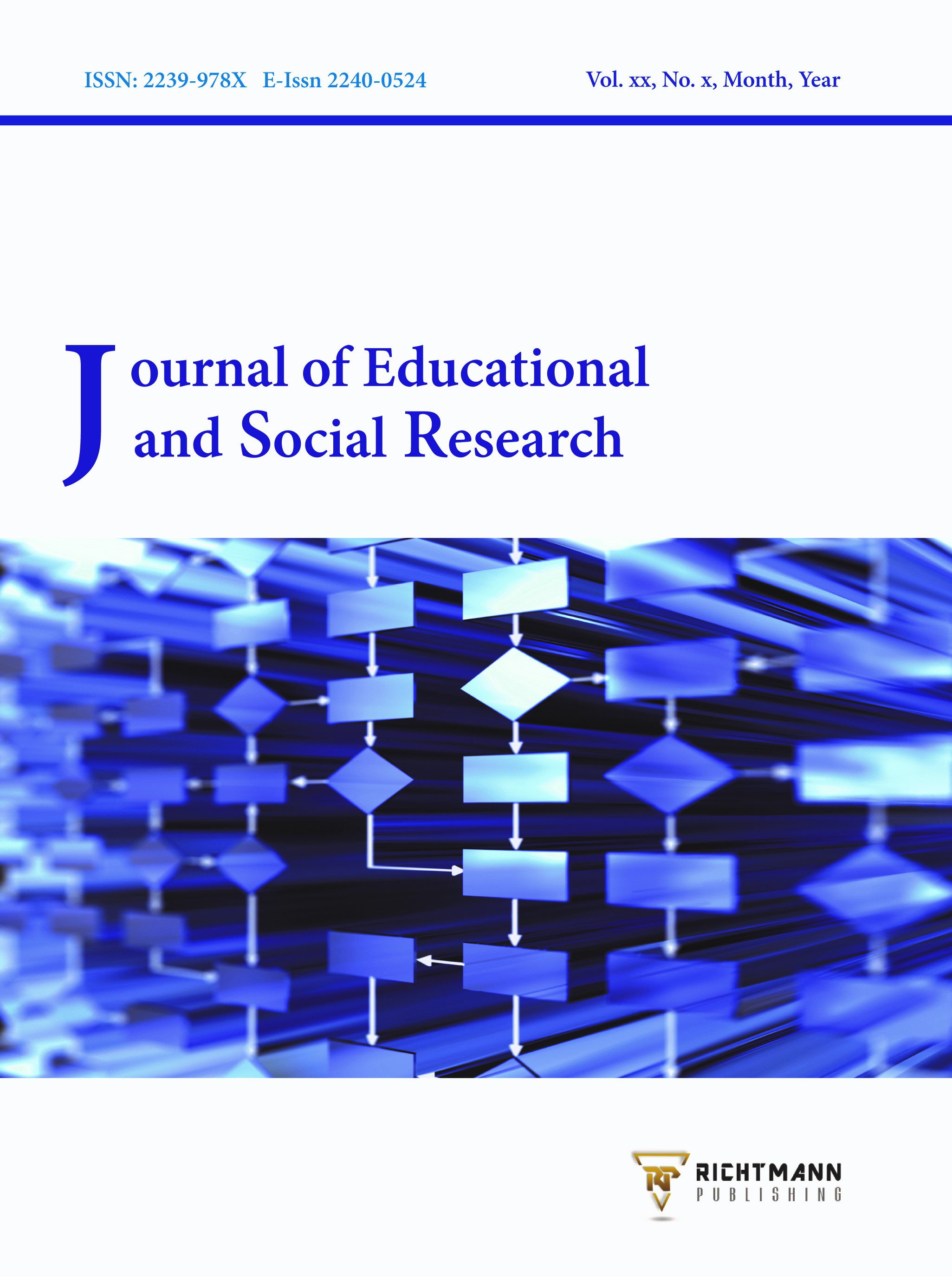National Identity between the Principle of the Secular State and Freedom of Religion
DOI:
https://doi.org/10.36941/jesr-2022-0147Keywords:
Principle of secularism and neutrality of the state, religious symbols in public buildings, national symbols, principle of equality and non-discrimination, freedom of religionAbstract
The religious symbols exposed in public buildings, such as schools, courtrooms, etc., in recent years animated the debate not only public but also jurisprudential. It turns out that, after centuries of attempts to “purify” states of religious influences, after years of attempts to “purify” public spaces of religious symbols, it seems that the modern state has failed to do so. In this century of globalization, we see a return of the sacred, a clash between different cultures, a "duel" between the different absolute truths that everyone believes they possess. In particular, there is a symbol, representative of all, under which all citizens are subject, regardless of their religious or philosophical conviction, and it is precisely the flag. It turns out that, one in three flags, that is, one third of the flags in the world contain religious symbols, predominantly Christian symbols, followed by Muslim ones and the rest Hindu, Buddhist, Jewish symbols and traditional religions and cults (Theodoru, 2014). The cross and the crescent moon are the most common where the majority of nations recognize themselves. The cross and the crescent are the most common where the majority of nations recognize themselves. The intent of this work is to be able to give a stricto jure answer to a complicated diatribe, analyzing whether the exhibition of religious symbols contained in flags can constitute a justified reason to believe that the principle of neutrality and secularity of the State, the principle of equality and non-discrimination, is violed. Through these principles the freedom of religion of each individual is also guaranteed, also taking into account the negative dimension of the latter. This problem affects many democracies, including European ones, yet the European Union itself aims to build a European identity, an identity in which everyone identifies and recognizes.
Received: 5 September 2022 / Accepted: 20 October 2022 / Published: 5 November 2022
Downloads
Downloads
Published
Issue
Section
License

This work is licensed under a Creative Commons Attribution-NonCommercial 4.0 International License.
This work is licensed under a Creative Commons Attribution-NonCommercial 4.0 International License.









